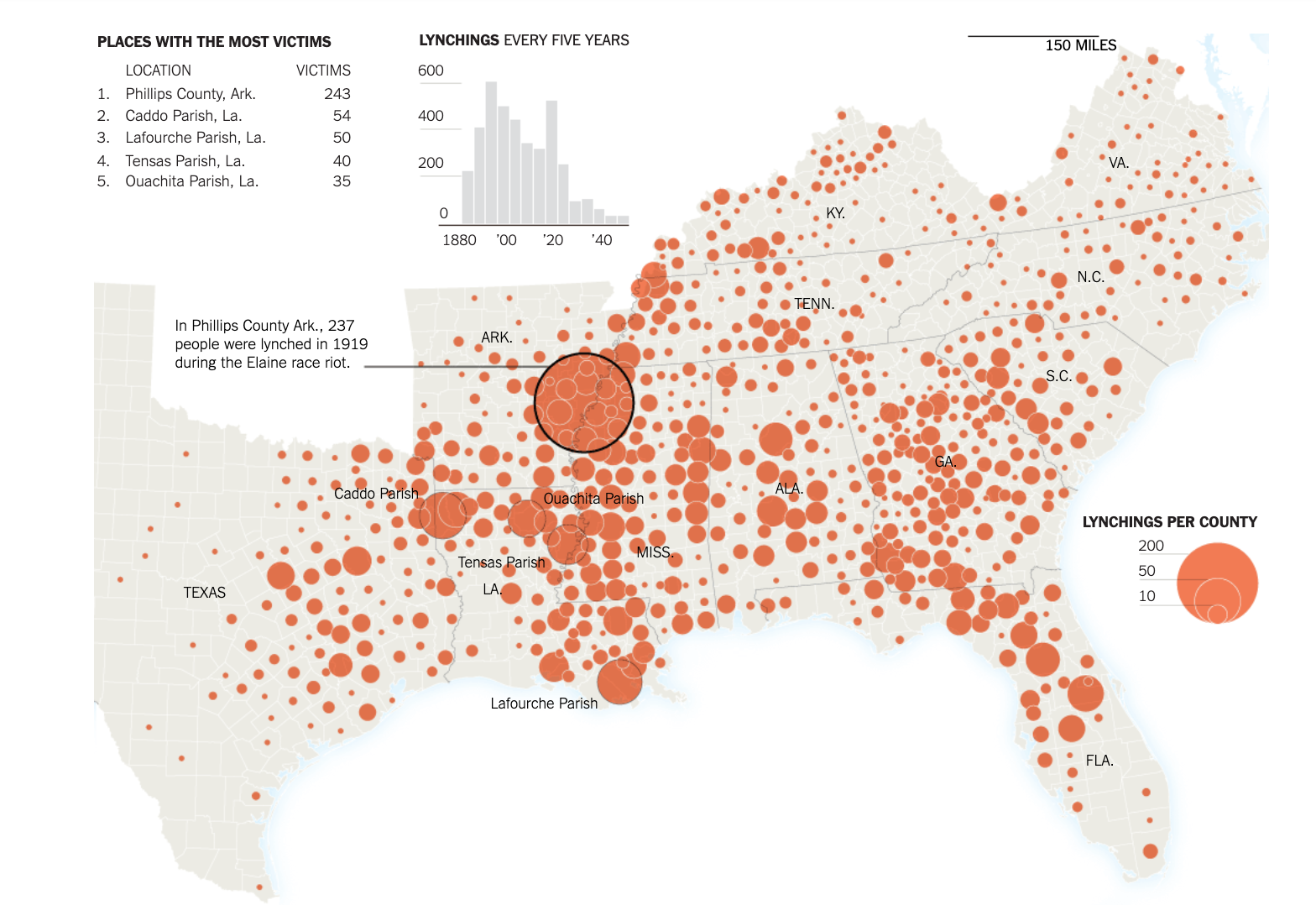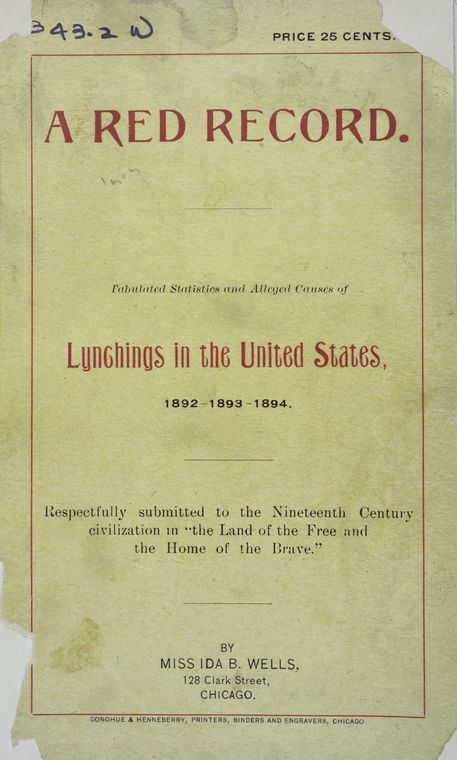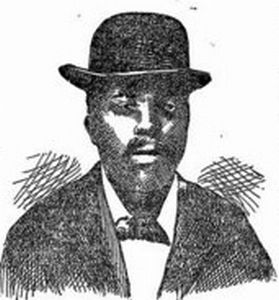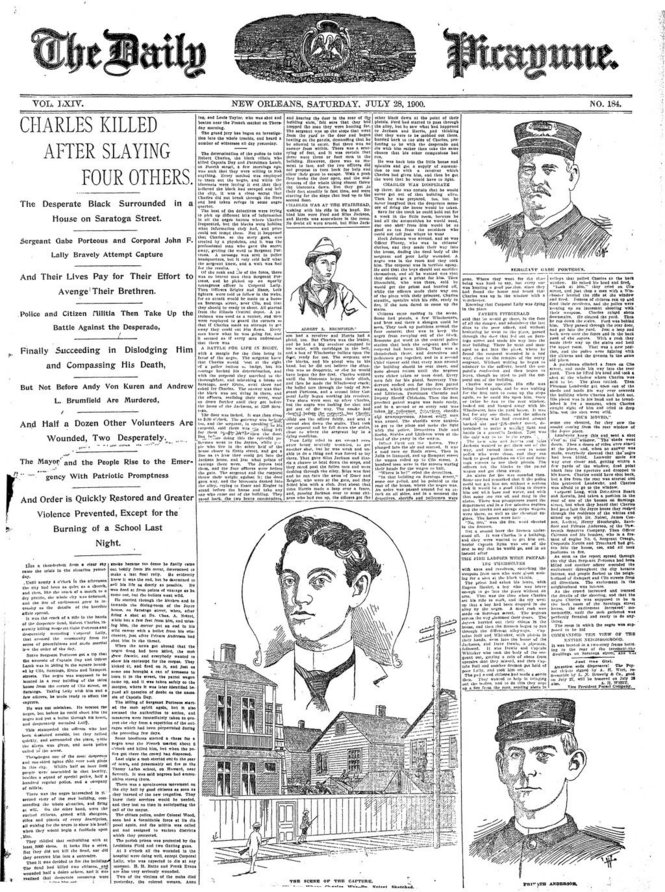While the Southern press praised the burning and lynching of "savage" black men, Wells revealed the stories behind those who were wrongfully accused: lynched because they were unable to fend for themselves under a white "justice" system. She battled the reign of barbarism with her words of truth.
EXPOSING THE UNSPOKEN TRUTH: IDA B. WELLS
EXPOSING THE CRUELTY
Exposing the Cruelty

Map of Numbers of Lynchings Throughout the United States From 1877-1950
(Equal Justice Initiative)
Wells broke the silence barrier placed over lynching using her words. She became an investigative journalist and battled racist views through her writing, which first spread through The Free Speech and Headlight, the first black-owned newspaper known for its radical standpoints on Black rights.
"The way to right wrongs is to turn the light of truth upon them."
~ Ida B. Wells-
"A finer, cleaner man than he never walked the streets of Memphis. He was well liked, a favorite with everybody; yet he was murdered with no more consideration than if he had been a dog… The colored people feel that every white man in Memphis who consented in his death is as guilty as those who fired the guns which took his life."
-Ida B. Wells on Moss death, Crusade for Justice
Reconstruction: America After the Civil War(PBS)explaining curve riot
Ida B. Wells, standing left, with Maurine Moss, widow of Tom Moss, lynched in Memphis March 9, 1892, with Tom Moss Jr., born circa 1893
In response to Moss' death in the "Curve Riot", Wells traveled throughout the South to gather statistics on lynching. She would later use these irrefutable facts in her writing. Death threats and her newspaper destroyed in Memphis did not stunt her, she continued to expose lynching in Chicago.
"She was a believer in righteousness and she was a believer in Justice and she was a believer in doing something when there was something that needed to be done. That's what she did. She saw that something needed to be done and she tried to do her part to do it."
-Jacqueline Jones Royster in interview
"The miscegnation laws of the South only operate against the legitimate union of the races; they leave the white man free to seduce all the colored girls he can, but it is death to the colored man who yields to the force and advances of a similar attraction in white women. White men lynch the offending Afro-American, not because he is a despoiler of virtue, but because he succumbs to the smiles of white women."
-Ida B. Wells in "Southern Horrors"
"Southern Horrors: Lynch Law in All Its Phases."
Wells explained the irrational fear people have on Blacks because of the labels they themselves had given and delegitimized lynch mobs by proclaiming them as evil fruits stemming from white supremacy.
1915 film Birth of a Nation depicts a white woman harrassed by a black man, proving Well's point about the misconceptions of black men at the time.
The Red Record
Wells thoroughly described the cases and causes of lynchings, debunking surrounding myths, forcing readers to indulge in the statistics and conveying the raw truth that lynching is a serious, undermining issue in America.
“LYNCHED BECAUSE THE JURY ACQUITTED HIM The entire system of the judiciary of this country is in the hands of white people. To this add the fact of the inherent prejudice against colored people, and it will be clearly seen that a white jury is certain to find a Negro prisoner guilty if there is the least evidence to warrant such a finding. Meredith Lewis was arrested in Roseland, La., in July of last year. A white jury found him not guilty of the crime of murder wherewith he stood charged.”
― Ida B. Wells-Barnett, The Red Record

Ida B. Wells-Barnett. A Red Record. 1895.
(Project Gutenberg)
Lynch Law in America
"The result is that many men have been put to death whose innocence was afterward established; and to-day, under this reign of the “unwritten law,” no colored man, no matter what his reputation, is safe from lynching if a white woman, no matter what her standing or motive, cares to charge him with insult or assault."
- Ida B. Wells
In her speeches, Wells claimed that whites had an "unwritten law" used to justify lynching. Openly defying this "unwritten law" deeply engraved in society set her in the forefront of a changing nation.
Lynch Law in Georgia
"They had no moneyto employ learned counsel to invoke the aid of techinicalities to defeat justice. They were in custody of a white Sheriff, to be prosecuted by a white State's Attorney, to be tried before a white judge, and by a white jury. Surely the guilty had no chance to escape. Still they were lynched."
~ Robert Heinlein
Mob Rule in New Orleans

Robert Charles.
Daily Picayune. 1900

The New Orleans Daily Picayune, after Charles was killed on July 28, 1900.
“The Afro-American is not a bestial race. If this work can contribute in any way toward proving this, and at the same time arouse the conscience of the American people to a demand for justice to every citizen, and punishment by law for the lawless, I shall feel I have done my race a service. Other considerations are of minor importance.”
-Ida B. Wells